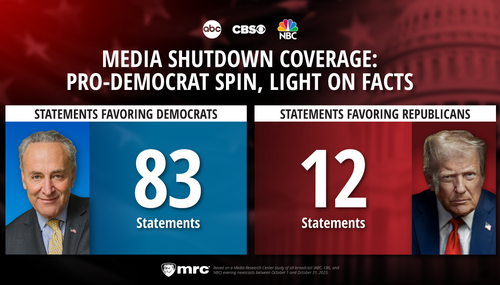The blog site news blog Zero Hedge complained that Facebook has banned users from sharing its posts.
Zero Hedge pseudonym "Tyler Durden" (named for the rebellious anti-hero from Fight Club.) has claimed via his blog that “some readers were prevented by Facebook when attempting to share Zero Hedge articles.” According to "Durden," “every attempt to share or merely mention an article, including in private messages, would be actively blocked,” with the explanation that the link “goes against our community standards."
“We were especially surprised by this action as neither prior to this seemingly arbitrary act of censorship, nor since, were we contacted by Facebook with an explanation of what ’community standard’ had been violated or what particular filter or article had triggered the blanket rejection of all Zero Hedge content.”
According to a Facebook spokesperson, the company’s “automation incorrectly blocked this link.” It said the problem has been corrected.
The pseudonymous writer had speculated that “Facebook simply decided to no longer allow its users to share our content in retaliation for our extensive coverage of what some have dubbed the platform's ‘many problems.’” He listed issues with links to previous articles about “chronic privacy violations, mass abandonment by younger users, its gross and ongoing misrepresentation of fake users, ironically - in retrospect - its systematic censorship and back door government cooperation.”
One of the particular scandals which Zero Hedge covered regarding Facebook was the fact it “banned several ads placed by Sen. Elizabeth Warren's 2020 presidential campaign.” This reportedly took place “days after the Massachusetts Democrat announced a plan to break up ‘anti-competitive’ tech mergers.” She specifically blasted Facebook for its acquisitions of other social media platforms, including Instagram and WhatsApp.
Politico's Cristiano Lima reported later that Facebook would restore the ads "in the interest of allowing robust debate." Facebook claimed that they supposedly took the ads down in the first place because they “violated our policies against use of our corporate logo.”
The writer known as Durden stated that he would ultimately “welcome this opportunity to engage Facebook in a constructive dialog” but did not seem optimistic about that taking place.
Durden then lambasted Facebook for its track record, saying “such censorship is hardly evidence of the platform's ‘openness’ to discourse, its advocacy of free speech, or its willingness to listen to and encourage non-mainstream opinions.”





